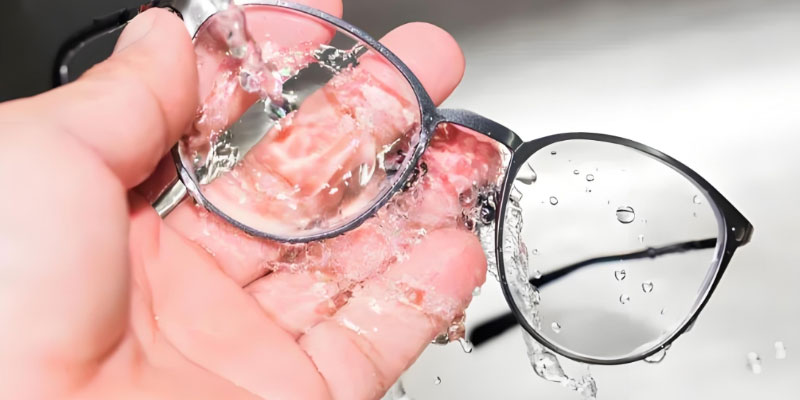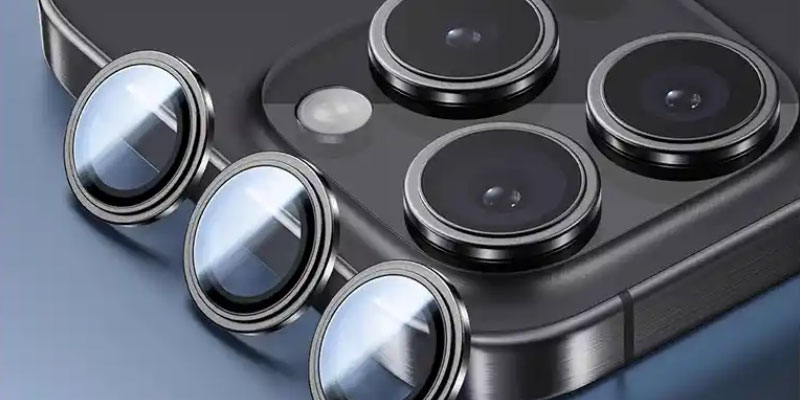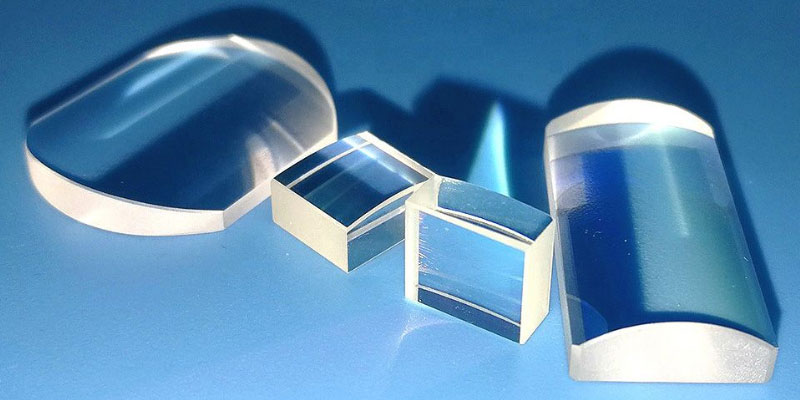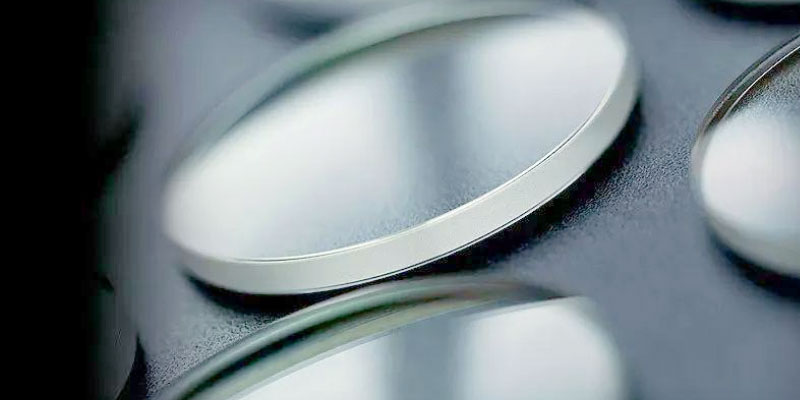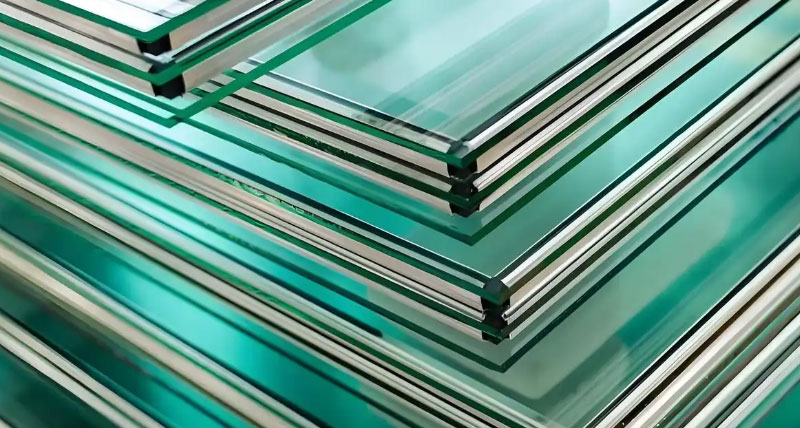
The choice of electronic glass doors involves a number of aspects, including safety, energy efficiency, sound insulation, light transmission, aesthetics and economy. Here are some specific selection points:
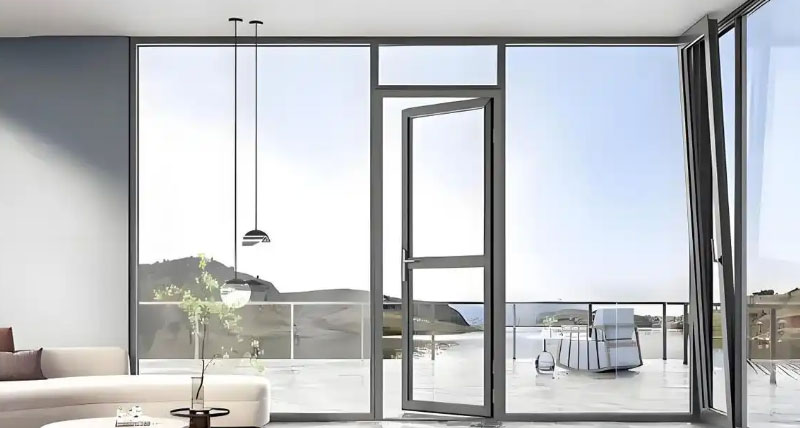
1. safety
Tempered glass: through controlled heat treatment or chemical treatment to improve the strength of the glass, impact strength is 3 to 5 times that of ordinary glass.
Even if broken, the formation of small obtuse particles, greatly reducing the harm to the human body. It is recommended to choose tempered glass with 3C certification to ensure the safety of use.
Laminated glass: two or more layers of glass separated by a special resin film and bonded into one, even if the glass is broken, the fragments will be glued to the film to keep it neat and smooth, effectively preventing debris injuries and penetration of falling events.
2.energy-saving
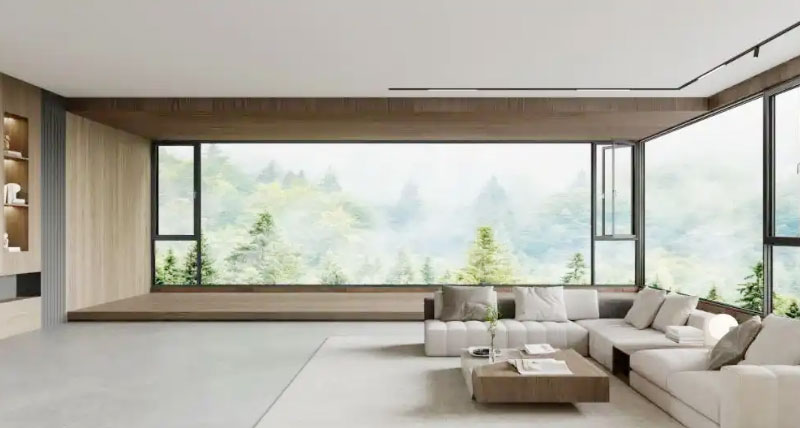
LOW-E glass (low-e coated glass): The surface of ordinary white or ultra-white glass is coated with a multi-layer film system composed of metal (silver) or other compounds, which is capable of reflecting solar thermal radiation and ultraviolet rays, while retaining light transmittance.
This type of glass not only has excellent thermal insulation, heat insulation and energy saving effects, but also effectively prevents UV rays from harming indoor furniture and the human body.
You can choose single-silver, double-silver or even triple-silver LOW-E glass according to the regional climate characteristics and personal needs, and the more silver layers, the better the energy-saving effect.
Insulating glass: two or more pieces of glass are evenly separated by effective support and bonded and sealed around the perimeter to form a dry gas space and improve thermal insulation performance. The insulating layer is not the thicker the better, the experimental test, 12mm thickness of the insulating layer is more appropriate.
Super glass: each coated with more than 10 layers of functional metal film, with superb thermal insulation effect, can effectively block more than 99% of the solar thermal radiation, but also effectively prevent ultraviolet radiation on indoor furniture and human damage.
3.sound insulation
laminated glass: in addition to high security, it also has a good sound insulation effect.
Multi-cavity insulating glass: by increasing the number and thickness of hollow layers, further enhance the sound insulation performance. For places that require high sound insulation requirements, such as bedrooms, study rooms, etc., can be prioritized.
4.light transmittance and aesthetics
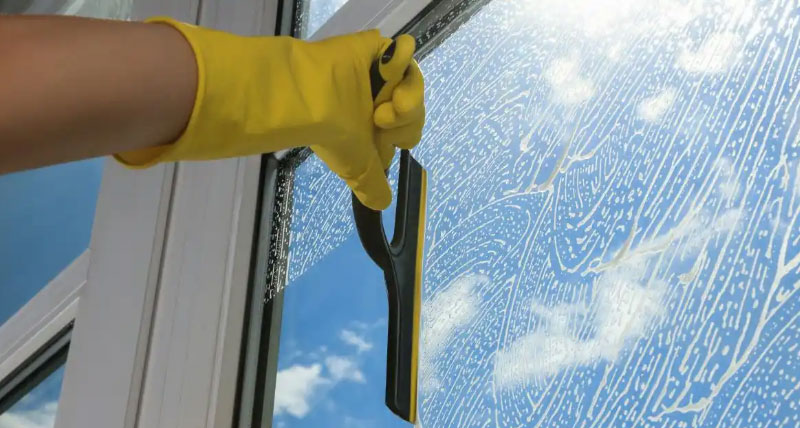
Ultra-white glass: low impurity content, light transmittance can reach more than 90%, the color is not green, low self-explosion rate after toughening, and high transmittance.
Frosted glass: with special texture and texture, it can protect privacy while adding hazy beauty and artistic flavor.
Long rainbow glass: hazy beauty, does not affect the light, but also to protect privacy.
Optical Lens:Light transmittance can be as high as 99%, but the price is more expensive.<How to Choose The Optics Lenses.>
5.Economy
Price Considerations: The price difference between different kinds of glass is large, and should be chosen according to your budget.
For example, ordinary float glass is inexpensive and suitable for general living needs; while laminated glass, double vacuum glass and other special glass is more expensive, but with better security and sound insulation.
Cost Composition: In addition to the cost of the glass itself, you also need to consider the cost of labor, transportation costs, as well as removal and installation costs.
When shopping, you can choose according to your needs and budget, combined with the above suggestions. Meanwhile, choosing door and window glass products of well-known brands can ensure product quality and after-sales service.
optlenses
Related posts
How to Get Super Glue Off Eyeglass Lenses?
Why are Some Phone Companies Copying Iphone Camera Lenses?
Comparison of fluorine molar masses:Caf2,Myf2,Baf2
The Application Fields of Sapphire Crystal Lens
